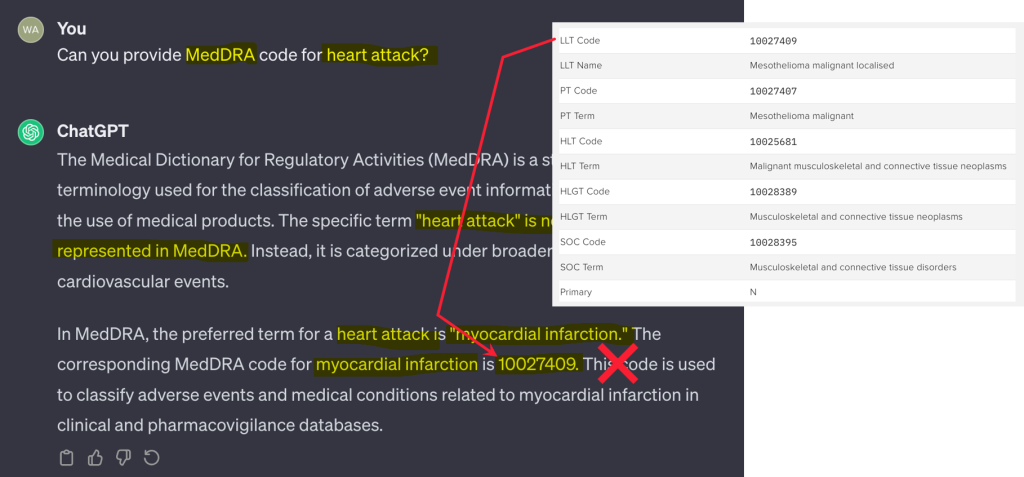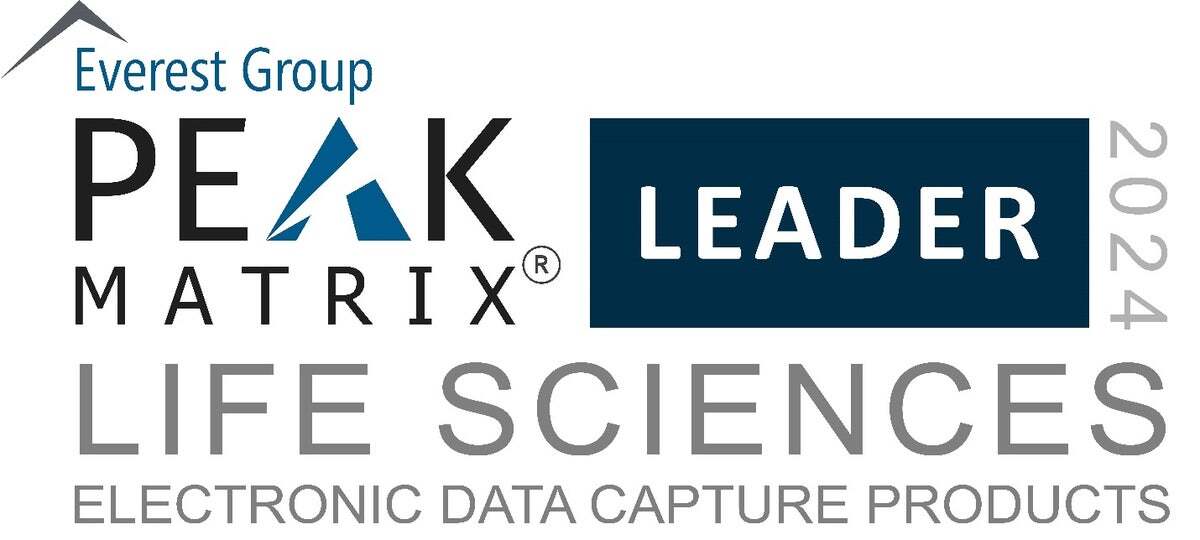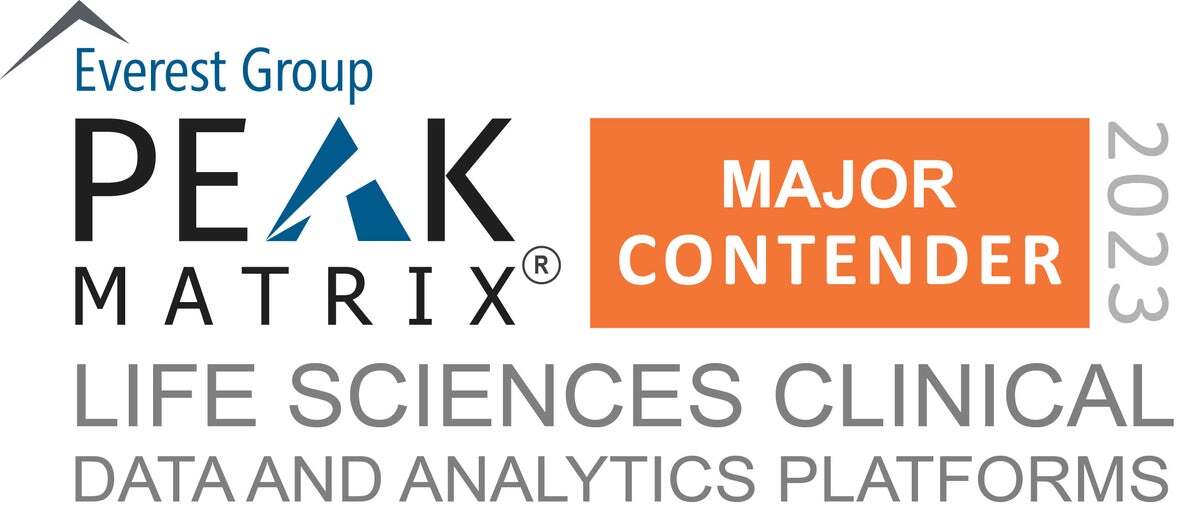Let the use case decide: The Zelta way on AI and supervised machine learning

For decades, when people thought of artificial intelligence (AI) what usually came to mind first were science-fiction movies. But today, the pop culture touchstone for AI isn’t Skynet, it’s ChatGPT. You’d be hard pressed to find someone who hasn’t heard of the large language model (LLM) chatbot generating essays, screenplays, and entire conversations around any given prompt; passing 100 million users in 5 days (TikTok took 9 months), as of this writing, it has been tried out by over 180 million users.
You would also be hard pressed to attend any conference about clinical data management, clinical trials, or clinical development right now without hearing data managers, medical coders, IT administrators, or clinical trial researchers talk about the potential applications of generative AI in their work – and for good reason. We’ve been exploring the viability of AI in healthcare and medical research, and its ability to augment human efforts in diagnosing diseases, running clinical trial studies, and accelerating creation of treatments and vaccines, since the 1970s. But is generative AI really the key to unlocking that potential?
At Zelta, we’re very intrigued about the possibilities for generative AI in clinical trial studies. As an eClinical platform provider that has been working for over a decade to help trial teams build, execute, and accelerate clinical trials with greater control and confidence, AI and automation are central to our strategy today and our vision for the future. But we believe that realizing the benefits of generative AI, and implementing the given application in a dependable, trustworthy manner, requires careful consideration and validation. That’s why our strategy remains value driven and not technology driven. Through careful selection of the technology based on the objective, we prioritize performance, reliability, privacy, security, and serviceability. In other words, we let the use case decide.
That’s why our strategy is focused on more targeted, value-adding deployments – namely, through scalable supervised machine learning (ML) purpose built directly within our eClinical platform, made available to all Zelta users. Our prediction models are built on a proven, simpler and earlier neural network design than the transformer neural network approach that underpins today’s LLMs.
In our new whitepaper, we compare and contrast generative AI with Zelta’s approach of purpose-built supervised machine learning, how we evaluate all of these options to best solve user challenges, and the history of how Zelta has leveraged automation and supervised machine learning to help our clients achieve measurable ROI. We hope you find this perspective interesting, thought-provoking, and encouraging for your own plans of getting value out of AI applications for your clinical trials.
Related Articles

How supervised machine learning optimizes AI use in clinical trials
LLMs are frequently hailed as revolutionary tools in clinical trials. Read how...
By Walker Bradham | 5 min. read

Zelta ranked as a Leader in Everest Group’s 2024 EDC Products PEAK® Matrix Assessment
We’re excited to announce that Zelta has been officially ranked as a Leader in the...
By Jennifer Duff | 4 min. read

New report confirms Zelta by Merative is a Major Contender
Merative has been named a Major Contender in Everest Group’s Life Sciences Clinical...
By Shannon Reilly | 5 min. read
Ready for a consultation?
Our team is ready to answer your questions. Let's make smarter health ecosystems, together.
